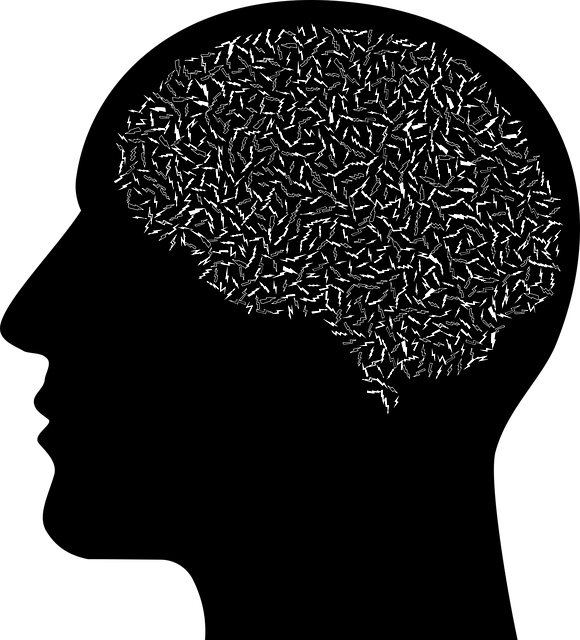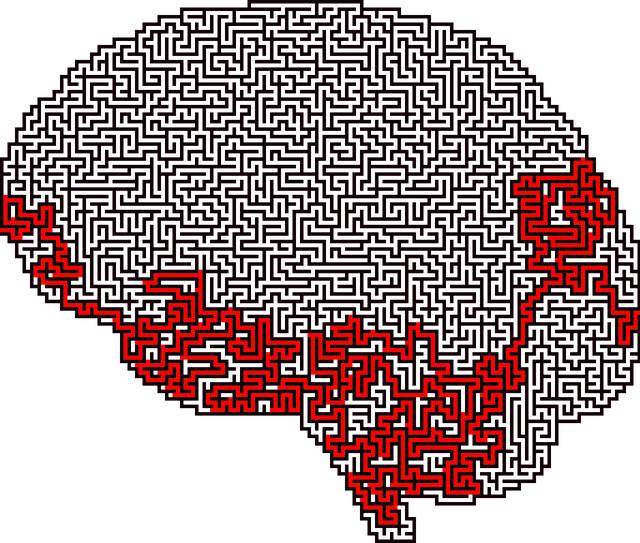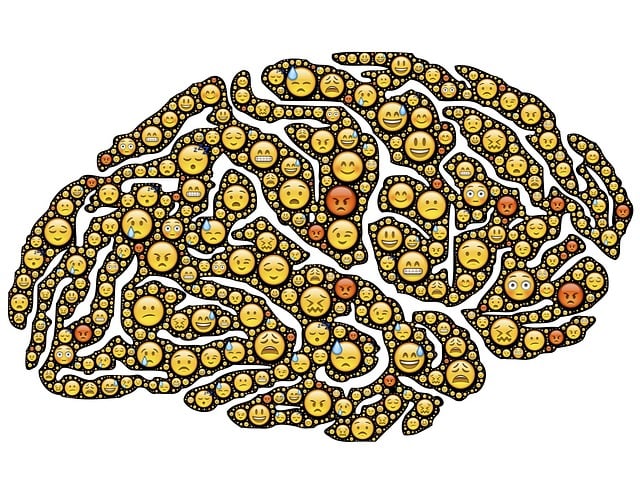Greenwood Village Eating Disorders Therapy prioritizes evaluating program effectiveness in mental wellness support, utilizing comprehensive qualitative and quantitative methods. This process involves tracking symptoms, emotional regulation, coping mechanisms, and quality of life through standardized tools. Client outcomes and satisfaction are assessed to gather insights into care quality, fostering engagement and advocacy for mental health needs. Data analysis from participant feedback, clinical outcomes, and demographic trends informs program enhancements, policy decisions, and targeted strategies like Self-Esteem Improvement initiatives, ultimately improving services for at-risk populations across diverse communities.
Mental wellness programs are crucial for addressing growing mental health challenges, making program evaluation essential for ensuring effectiveness. This article explores various methods to assess and improve initiatives focused on mental well-being. We delve into the significance of evaluating interventions, measuring client outcomes and satisfaction, and utilizing data for program enhancement. A case study highlights the successful evaluation of the Greenwood Village Eating Disorders Therapy Program, offering insights into best practices that can guide other organizations in optimizing their mental wellness services.
- Understanding the Need for Program Evaluation
- Assessing Mental Wellness Interventions
- Measuring Client Outcomes and Satisfaction
- Utilizing Data to Improve Programs
- Case Study: Greenwood Village Eating Disorders Therapy Program Evaluation
Understanding the Need for Program Evaluation

In the intricate landscape of mental wellness support, particularly within specialized areas like Greenwood Village Eating Disorders Therapy, evaluating program effectiveness is more than a mere administrative task—it’s a crucial pillar of care. Understanding the need for thorough evaluation stems from the dynamic nature of mental illness and the ever-evolving approaches to treatment. Each individual’s journey with mental health is unique, and what works for one might not resonate with another. Thus, evaluating programs allows for tailoring interventions, ensuring that support strategies are not only effective but also aligned with the specific needs and challenges faced by those seeking help, be it for eating disorders or broader mental illness stigma reduction efforts.
Program evaluation is instrumental in identifying areas of success and potential gaps in services. This process informs improvements in crisis intervention guidance and communication strategies, which are vital components of comprehensive care. By regularly assessing programs, service providers can adapt their approaches, foster better patient outcomes, and contribute to the broader goal of reducing mental illness stigma through effective and responsive interventions tailored to the needs of their clientele, whether they reside in a bustling urban setting or more intimate communities like Greenwood Village.
Assessing Mental Wellness Interventions

Evaluating the effectiveness of mental wellness interventions is a multifaceted process that involves assessing various aspects of an individual’s psychological state and overall well-being. This includes measuring changes in symptoms, emotional regulation, coping mechanisms, and quality of life. Professionals at Greenwood Village Eating Disorders Therapy employ standardized assessment tools to quantify improvements, ensuring that interventions are tailored to meet specific needs.
The evaluation process often incorporates qualitative and quantitative methods, such as self-report surveys, clinical interviews, and behavioral observations. By utilizing these techniques, therapists can gain deeper insights into the impact of treatments, including the development of positive thinking patterns and enhanced communication strategies. Moreover, public awareness campaigns play a crucial role in fostering open dialogue about mental health, indirectly supporting the effectiveness of intervention programs.
Measuring Client Outcomes and Satisfaction

Measuring Client Outcomes and Satisfaction is a critical aspect of evaluating any mental wellness program, including Greenwood Village Eating Disorders Therapy services. By assessing client outcomes, therapists can gain valuable insights into the effectiveness of their interventions. This involves tracking changes in symptoms, behaviors, and overall mental health status using standardized tools and measurements. For instance, at Greenwood Village, therapists might employ pre-and-post assessment questionnaires to gauge improvements in eating disorder behaviors, body image perception, and psychological well-being. These quantitative data provide a robust foundation for evaluating program success and identifying areas that require refinement.
Client satisfaction is equally important, as it reflects the quality of care received and the overall therapeutic experience. Satisfied clients are more likely to engage in treatment, adhere to recommendations, and advocate for their mental health needs. Greenwood Village Eating Disorders Therapy incorporates feedback mechanisms, such as client surveys and one-on-one interviews, to gather insights into customer satisfaction. This feedback is used to enhance services, ensure trauma support, and provide crisis intervention guidance tailored to individual needs. By combining outcome measurements with client satisfaction assessments, the program can continuously improve and better serve individuals navigating eating disorders and related mental health challenges.
Utilizing Data to Improve Programs

Evaluating mental wellness programs is an iterative process that heavily relies on data to identify areas for improvement. By systematically collecting and analyzing information, such as participant feedback, clinical outcomes, and demographic trends, Greenwood Village Eating Disorders Therapy can refine its approach and tailor services more effectively. This data-driven methodology not only enhances the quality of care but also fosters a culture of continuous enhancement within the organization.
Leveraging data allows for a comprehensive understanding of program effectiveness, including identifying successful interventions and pinpointing areas where further support is needed. For instance, a thorough analysis might reveal disparities in outcomes related to age groups or specific eating disorder types. This insight can guide policy decisions, such as adapting programs through Mental Health Policy Analysis and Advocacy, focusing on at-risk populations, and implementing strategies that target Self-Esteem Improvement.
Case Study: Greenwood Village Eating Disorders Therapy Program Evaluation

The Greenwood Village Eating Disorders Therapy Program Evaluation is a compelling example of a comprehensive mental wellness initiative. This program employs a multi-faceted approach, combining individual therapy sessions with group support to address the complex nature of eating disorders. The evaluation process involves rigorous data collection methods, including pre and post-treatment assessments, client feedback surveys, and clinical notes analysis. By examining these sources, researchers can gain valuable insights into the program’s effectiveness in managing symptoms, improving patient outcomes, and fostering positive thinking among participants.
In addition to its primary focus on eating disorders, Greenwood Village incorporates risk management planning for mental health professionals as a key component of their strategy. This proactive approach aims to mitigate potential hazards associated with treating vulnerable populations, ensuring both client and therapist safety. The program’s success lies not only in its ability to offer anxiety relief through evidence-based practices but also in its commitment to continuous improvement based on evaluative feedback.
Evaluating mental wellness programs, such as the Greenwood Village Eating Disorders Therapy, is paramount in ensuring their effectiveness and client satisfaction. By employing robust assessment methods and data-driven strategies, we can optimize these programs’ impact. The case study presented demonstrates how a comprehensive evaluation approach allows for continuous improvement, ultimately enhancing therapeutic outcomes. Through regular measurement of client satisfaction and outcomes, professionals can adapt interventions to better serve individuals seeking mental wellness support.














